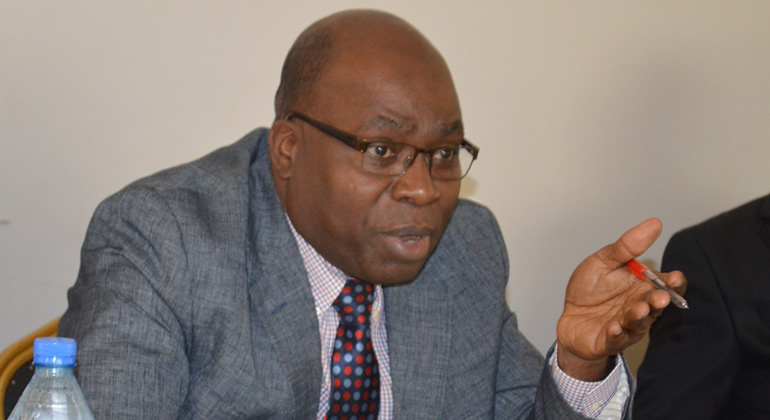- ICPC Chairman, Prof. Bolaji Owasanoye, refutes the belief that all Nigerians are corrupt, emphasizing the misconception and limited instances
- The Behaviour Change Conference aims to reassess anti-corruption efforts, focusing on behavioral change to address corruption effectively
The Independent Corrupt Practices and Other Related Offences Commission (ICPC) strongly refutes the sweeping label of corruption on all Nigerians in financial and other aspects of human activities.
Expressing this stance at the Behaviour Change Conference and Exhibition 2023 in Abuja, themed ‘Anti-Corruption Interventions in Nigeria-A Behavioral Change Perspective Of What Needs To Shift,’ ICPC Chairman, Prof. Bolaji Owasanoye, addressed the misconception that all Nigerians are corrupt, a belief he attributed to a limited few.
During a recent Policy Dialogue organized by ICPC, two participants erroneously asserted that only those who hadn’t had the opportunity to abuse public office were free from corruption. Owasanoye emphasized that this belief needed reconsideration, especially in the context of traditional anti-corruption measures and the emerging focus on behavioural change.
Drawing from his experience leading the anti-corruption fight at PACAC (Presidential Advisory Committee Against Corruption) and ICPC, Owasanoye categorically stated, “Not all Nigerians are corrupt.” He highlighted instances where heads of government organizations, lacking a clear understanding of rules, fell victim to corruption blackmail from subordinates.
The event’s lead organizer, Mr. Akin Fadeyi, founder of the Akin Fadeyi Foundation, emphasized the strategic importance of the conference, aiming to reassess accomplishments and design more effective templates for impactful progress.
Dr. Kole Shettima, Country Director of MacArthur Foundation, questioned when Nigerian politicians would prioritize national interests over personal gains that harm the nation. Mr. Oliver Stolpe, Country Director of UNODC, represented by Ms. Lilian Ekeanyanwu, emphasized that the fight against corruption requires addressing transparency, integrity, and accountability, emphasizing the need for a holistic and multi-sectoral approach.

